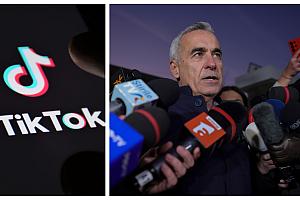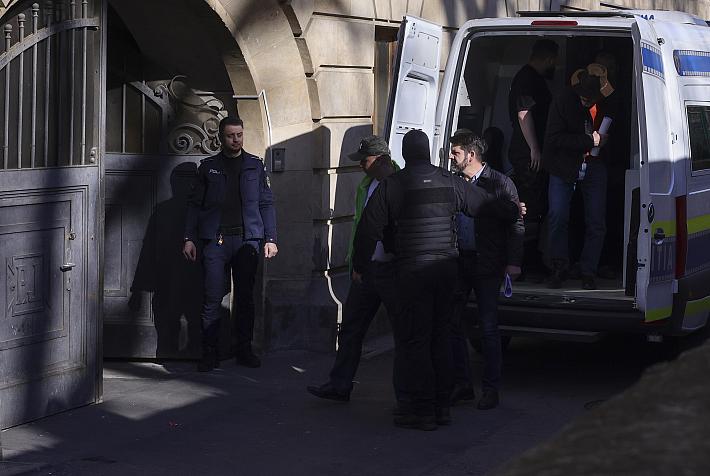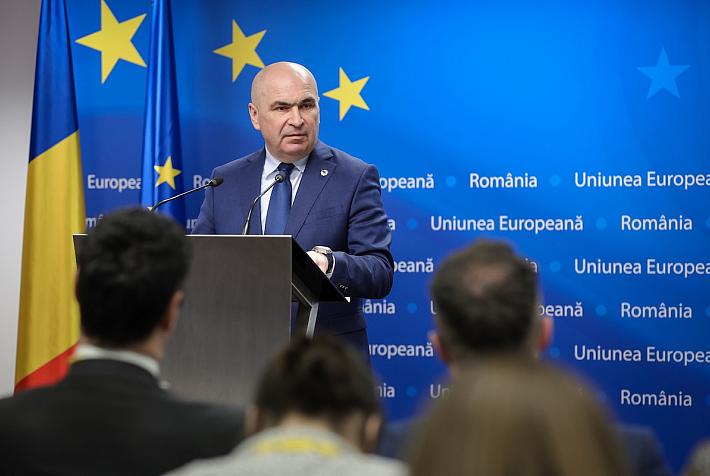Romania’s Defense Council accuses “cyberattack” and preferential treatment given by TikTok to a presidential candidate

Romania’s Supreme Country Defense Council (CSAT) summoned on November 28 announced that “cyber attacks with the aim of influencing the correctness of the electoral process” took place and, separately, that “a candidate for the presidential elections benefited from a massive exposure due to the preferential treatment that the TikTok platform granted him by not marking him as a political candidate.”
In regard to the cyberattack, CSAT pointed to “some state and non-state actors, in particular the Russian Federation.”
Romania, along with other states on NATO’s Eastern Flank, has become a priority for the hostile actions of some state and non-state actors, CSAT explained.
The Defense Council also said it has no powers related to the conduct of the electoral process, but “asked the authorities with powers in the field of national security, those with powers in the smooth running of the electoral process, as well as the criminal investigation bodies to urgently take the necessary steps, according to the legal powers, to clarify the issues presented in the CSAT meeting.”
As regards the technicalities of the TikTok preferential treatment given to “a candidate,” most likely far-right politician Calin Georgescu, who won over 2 million votes and the leading position in the first round of the presidential elections, CSAT explained that “the visibility of that candidate increased significantly in relation to the other candidates who were recognized by the TikTok algorithms as candidates for the presidential elections, and the content promoted by them was massively filtered, exponentially decreasing their visibility among platform users.”
In related news, Romania’s Special Telecommunication Service (STS), an agency with military status which, among others, secures the communication infrastructure for the electoral process, said that no cyberattack was spotted during the first round of the presidential elections.
“No vulnerabilities were identified regarding the provision, under security conditions, of the communications and information technology services made available to Permanent Electoral Authority (AEP), the organizer of the elections,” STS stated in a press release quoted by Economica.net.
Furthermore, neither before nor during the electoral process did STS receive information from other entities with responsibilities in the field of cyber security regarding the development of cyber attacks, STS said.
iulian@romania-insider.com
(Photo source: Presidency.ro)













